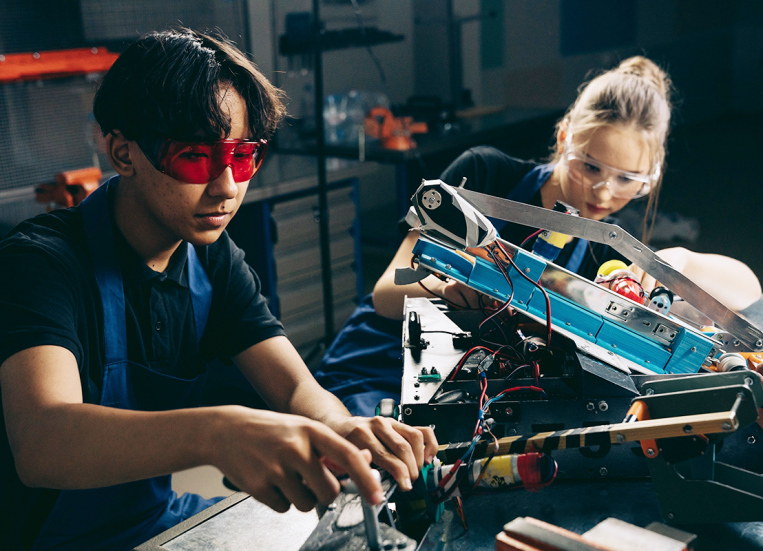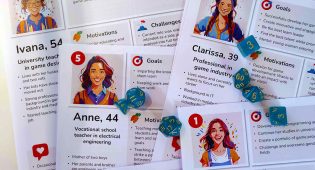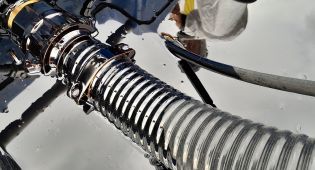Promoting equal rights in vocational education and training
29.05.2023The VET4ALL project (2022–2023) promotes vocational education and training for young people with special educational needs and disabilities. In the project, Youth Research and Development Centre Juvenia in Xamk works in cooperation with vocational schools and disability NGOs in Poland, Italy, and Spain, seeking good practices to support young people with disabilities in vocational education.
Juvenia´s task in the VET4ALL – project has been to find supporting practices in technical vocational education in Finland. Young persons with special educational needs and disabilities are offered various opportunities to learn on different study programs in technical studies such as process and production techniques, auto mechanics, and IT. Most students with special needs study in general vocational colleges, while those who require intense support study in special vocational schools.
Young persons are provided with special support equally depending on their individual needs. For example, those with physical or sensory impairments are supported with special tools and devices and aids to help with accessibility in the study environment. Those with special educational needs usually study in small groups and are provided personal support by vocational teachers, special teachers, and instructors.
In special educational institutions, individually tailored schedules and study practices are the most important way to support the young person in their learning. The learning-by-doing method is crucial in vocational studies both in general and special institutions. The possibility to study in multiple learning environments, such as garages and factories, best support the student in learning vocational skills.
Personal study plan and personal support plan as good practices
In the VET4ALL project, we had many fruitful discussions among the different experts from our partner organizations. This was an important way to learn about the practices of support for young persons with disabilities in technical vocational studies in the participating countries. For example, the Finnish official practice of personal study plans is enshrined in the law Act on Vocational Education and Training in Finland (Finlex 2017: §531). This raised much interest from international partners. A personal study plan considerably improves the possibilities for students to plan their studies in accordance with their competencies, personal preferences, and needs. It thus ensures the equal right to education and learning.
For students with special needs in education, the crucial practice is the personal support plan included in the personal study plan. The necessary supporting practices to help students cope with their studies are first planned according to the assessment of their support needs and then written into the plan to be followed throughout their studies.
As these practices have a basis in legislation, they effectively secure the student’s right to have individual support during the studies, which has a remarkable effect on their psychological well-being, self-esteem, and sense of competence in learning. Support is crucial at the graduation phase, and teaching staff actively seek possibilities for employment for graduating students. Staff often serve as mediators to match a student’s competency with working-life needs.
International comparison of good practices
Although many practices are good and well-established in Finland in respect of special support, there are a few crucial deficiencies in employment legislation compared with practices, for example, in Spain and Italy. In these countries, particular legislation acts regarding equality in working life have been established, according to which employers have a responsibility to hire persons with special needs.
There has been much political discussion regarding the job reservation quota in Finland as well, but despite its impact on promoting opportunities for work for people with support needs, the debate has not yet led to concrete actions. The VET4ALL project proposes that international learning and discussion are very important for endeavors to improve the status of persons with disabilities in education and working life. This discussion indicates that improvements on the national scale would still be necessary.
Reference:
Finlex, 2023. Act on Vocational Education and Training, 2017: 531. Issued 11.8.2017. Access method https://www.finlex.fi/en/laki/kaannokset/2017/en20170531






































